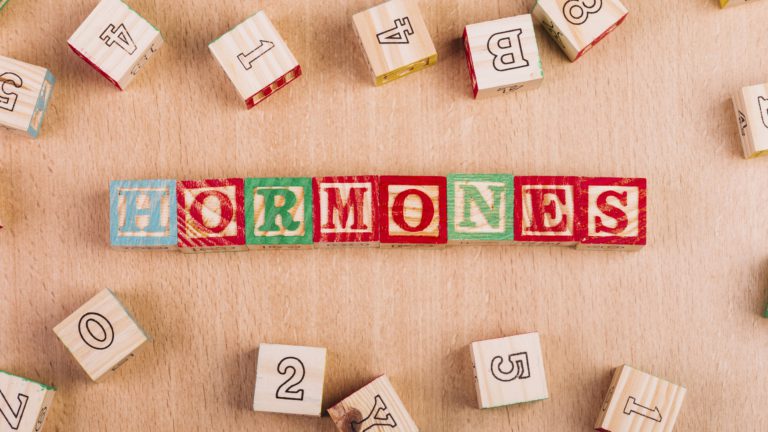It is considered natural for many people to experience sadness in their lives. Whether it’s losing a loved one, having problems at work, or being heartbroken, people have their own fair share of sadness and misery. Most people have their own ways of coping and overcoming sorrow; however, some individuals live with a crippling depression that just doesn’t go away. Sadness can be a fleeting feeling—but depression is so much more than that!
Depression is a mental illness that causes a persistent feeling of sorrow affecting how a person feels, thinks, and behaves. It is a mental illness that requires intensive care, wellness programs, and support to really work out. All over the world, around 300 million individuals are experiencing some form of depression.
In order to completely understand a person diagnosed with depression, we need to look past the misconceptions that have formed around it.
Myth #1: Depression isn’t an actual illness
Fact: Depression is a mental illness with genuine and severe symptoms.
While sadness is just a temporary feeling that can eventually resolve itself, depression is far from it. Depression is a multifaceted condition brought on by a number of biological, environmental, and social factors. Biological evidence of the illness can be traced from a lot of research on genetics, brain functioning, hormones, and nerve cell receptors.
Clinically depressed individuals may require long-term care and cannot be easily overcome just by pure willpower.
Myth #2: Depression only happens when something terrible happened in your life
Fact: Depression happens even when you’re not feeling down.
You can always feel sad whenever you’ve experienced something disappointing. If you’re having relationship problems or issues at work, it’s only natural to be saddened by it.
Contrary to popular belief, being depressed doesn’t require a specific negative event. It can arise suddenly, even if you think things are going pretty well in your life! Depression can catch you off your guard, sometimes even in your most joyful moments.
Myth #3: Depression and sadness are the same
Fact: Sadness is a human emotion that all people feel. Depression, on the other hand, is a long-term mental illness.
The main difference between the two is the duration and how the symptoms are resolved. The feeling of being sad doesn’t last as long as any depressive episode. Feelings of sadness can come as quickly as it goes and can even be resolved on its own. It is but a single feeling that humans are more than capable of overcoming.
Depression, on the other hand, involves several other emotions that can easily overwhelm an individual. These emotions include anxiety, emptiness, hopelessness, and fear. No amount of health tips can cure those feelings away except with proper care from a certified professional.
Myth #4: Having parents diagnosed with depression means you’ll have it too
Fact: Having a family history of depression doesn’t guarantee that you’ll develop the condition.
Just like some diseases and illnesses, depression has a genetic component that increases the chances of it being passed down to children. However, like any genetic disorder, it’s not guaranteed.
It’s no good worrying about developing the condition because of heredity. Instead, it’s best to put your efforts into minimizing the risks of depression by practicing self-care and living emotionally healthy.
Conclusion
In simpler terms, depression is an illness brought about by a combination of factors that’s significantly more complex than just feelings of sadness. Unfortunately, it has always been the subject of fallacies and misleading statements for many years. The only way to understand a person suffering from depression is to look past the veil of myths and misconceptions.
Seeking help from others is the first step to helping someone deal with depression. It goes a long way to have someone listen to you about what you’re going through! Better yet, get expert advice from Health Optimizing Langley, a multidisciplinary team of professionals you can trust. Our wellness program benefits from state-of-the-art technology that can help you find the source of your health challenges. Contact us today to get started!




